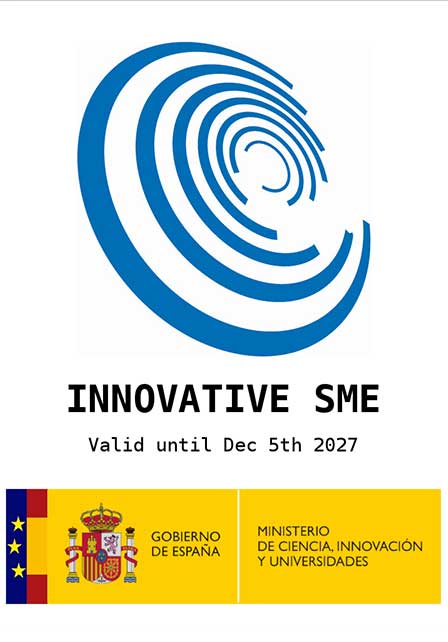The University of Pennsylvania in Philadelphia, USA, reported that the first two patients in a cancer immunotherapy trial have received CRISPR-edited medicinal product.
In this protocol, CRISPR is not applied in vivo, but ex vivo to eliminate three endogenous genes, the α and β chains of the endogenous T cell receptor (TCR) and Programmed Cell Death Protein-1 (PD-1), whereas a lentivirus is used to introduce into autologous T Cells a T cell receptor targeting the cancer antigen NY-ESO-1. The rationale for using CRISPR to supplement the chimeric T cell receptor approach is to reduce the risk of autoimmunity, reduce TCR mispairing and promote the expression of exogenous NY-ESO-1 TCR.
This data will represent the first safety data for CRISPR in properly controlled and regulated human studies.























